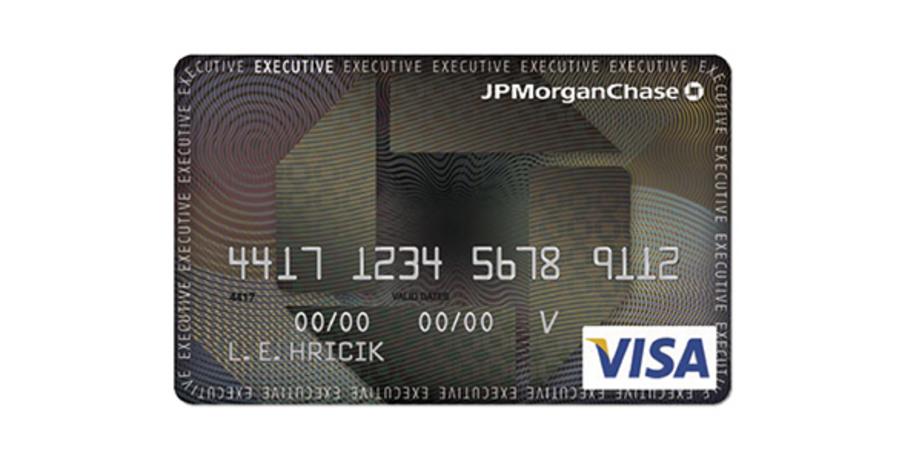Chase, JP Morgan credit cards to charge additional “cash advance” fees to people buying Bitcoin
Purchasing Bitcoin with a Chase or JP Morgan credit card just got a whole lot more expensive. According to reports, these two large American banks have begun charging “cash advance” fees that will make it very difficult for many people to purchase the cryptocurrency as they once did.
One of the largest cryptocurrency exchanges, Coinbase, recently sent out a notice to its clients with cards on file from either of the two banks notifying them that the change could impact their ability to trade. Coinbase, which currently services Bitcoin, Litecoin, Ethereum, and Bitcoin Cash, explained to its customers that they have no control over the change, and that buyers need to beware.
“Recently, the MCC code for digital currency purchases was changed by a number of the major credit card networks,” the email from Coinbase states. “The new code will allow banks and card issuers to charge additional ‘cash advance’ fees. These fees are not charged or collected by Coinbase. These additional fees will show up as a separate line item on your card statement.”
Chase and JP Morgan aren’t alone in their crackdown. It was recently reported by The Wall Street Journal (WSJ) that Capital One had issued a similar “ban” on cryptocurrency purchases.
The bank claimed that the additional “cash advance” fees on purchases of both Bitcoin and Ethereum were specifically being implemented to “[limit] mainstream acceptance and the elevated risks of fraud, loss and volatility.” Capital One did say, however, that it would “regularly evaluate the decision as cryptocurrency markets evolve.”
Almost immediately after the announcement, Discover Financial announced its own similar limitations on Bitcoin transactions, indicating a trend amongst credit card companies to try to stifle the buying and selling of cryptocurrency using plastic.
Bank of America to flat-out decline cryptocurrency purchases on credit cards
The nation’s second largest bank, Bank of America, is taking an even more extreme approach. Instead of charging cash advance fees, the institution has reportedly started declining all attempted cryptocurrency purchases with its credit card instruments.
The bank stated that it “will begin declining credit card transactions with known cryptocurrency exchanges,” and that the policy will apply to all personal and business credit cards issued by the bank –a decision that a spokeswoman for the Charlotte, North Carolina-based bank confirmed to reporters.
Interestingly enough, JP Morgan, after hearing about what Bank of America is doing, now plans to do the same by scrapping the cash advance policy and prohibiting all crypto purchases from bank-issued credit cards.
At the current time, the vast majority of crypto purchases – some 82 percent – are not made with credit cards. Most are made with debit cards and bank transfers, followed by credit cards and bank wire transfers.
A recent survey by LendEdu found that just over 18 percent of Bitcoin purchases are made with credit cards, a percentage that is expected to drop now that so many credit card companies are making them difficult to use for such transactions.
One of the biggest problems with allowing crypto purchases on credit is that some customers may get in over their heads and not be able to pay back on their investments. This is especially true for people who invest in things like Bitcoin without knowing what they’re doing, which could lead to them getting defrauded.
“Allowing purchases of cryptocurrencies can create big headaches for lenders, which can be left on the hook if a borrower bets wrong and can’t repay,” explains Bloomberg. “There’s also the risk that thieves will abuse cards that were purloined or based on stolen identities, turning them into crypto hoards.”
Follow more news on the collapse of Bitcoin at BitRaped.com.
For full references please use source link below.

